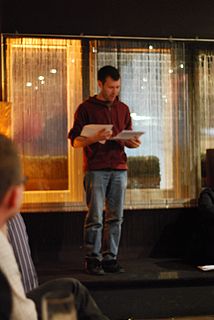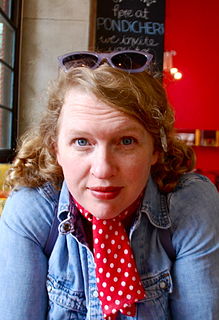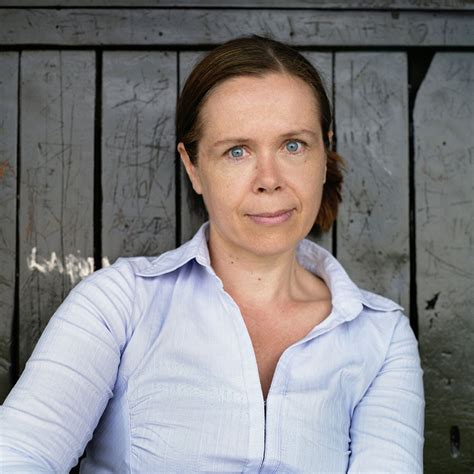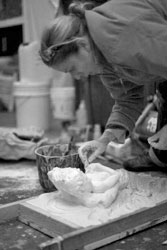A Quote by Joey Comeau
If we couldn't carry our dead inside us, we would be empty.
Related Quotes
Of course, we carry inside of ourselves our parents. Even when they are dead, we carry them inside ourselves. And they are carrying inside themselves their dead parents and so on and so forth. There is a legacy of language and culture and religion. In some cases, family stories told by grandparents to little grandchildren. When I say my novels are set in Israel in the last seventy years, this entails the fact that they begin hundreds or thousands of years earlier in time. Everybody comes from somewhere.
A considerable percentage of the people we meet on the street are people who are empty inside, that is, they are actually already dead. It is fortunate for us that we do not see and do not know it. If we knew what a number of people are actually dead and what a number of these dead people govern our lives, we should go mad with horror.
Every November, during the certain holiday people love so much, people take a dead turkey, open up the dead turkey’s ass, or carve out a really big hole in their ass, take some stuffing and shove it inside their dead empty ass, and use the little dead ass as an oven to bake some bread. Somebody else’s dead empty bacteria-laden ass to make bread? Ass bread?! And people think vegans are weird? Because we eat tofu? And rice, and beans, and lentils?
Nothing is a courtesy unless it be meant us, and that friendly and lovingly. We owe no thanks to rivers that they carry our boats, or winds that they be favoring and fill our sails, or meats that they be nourishing; for these are what they are necessarily. Horses carry us, trees shade us; but they know it not.
But in a way you can say that after leaving the sea, after all those millions of years of living inside of the sea, we took the ocean with us. When a woman makes a baby, she gives it water, inside her body, to grow in. That water inside her body is almost exactly the same as the water of the sea. It is salty, by just the same amount. She makes a little ocean, in her body. And not only this. Our blood and our sweating, they are both salty, almost exactly like the water from the sea is salty. We carry oceans inside of us, in our blood and our sweat. And we are crying the oceans, in our tears.
I compare the troubles which we have to undergo in the course of the year to a great bundle of sticks, far too large for us to lift. But God does not require us to carry the whole at once. He mercifully unties the bundle, and gives us first one stick, which we are to carry today, and then another, which we are to carry tomorrow, and so on. This we might easily manage, if we would only take the burden appointed for us each day; but we choose to increase our troubles by carrying yesterday's stick over again today, and adding tomorrow's burden to our load, before we are required to bear it.
But suppose the endlessly dead were to wake in us some emblem: they might point to the catkins hanging from the empty hazel trees, or direct us to the rain descending on black earth in early spring. --- And we, who always think of happiness rising, would feel the emotion that almost baffles us when a happy thing falls.
From the moment we are born, the world tends to have a box already built for us to fit inside. Our umbilical cord never seems to be severed; we only find new needs to fill. If we disconnected and severed our attachments, would we shatter our confinements and expand beyond our shell? Would the world look different? Would we recognize ourselves? Are we the box that we are inside, and to be authentically 'un-contained' would we still be able to exist? This is the irony of containment. As long as we don't push on the walls of our surroundings, we may never know how strong we really are.




































